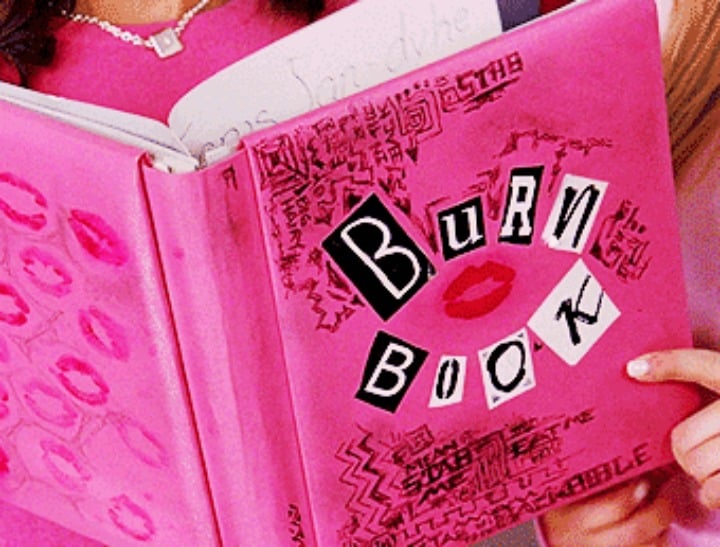

Rimbaud, whom Tonks adored, famously quit poetry by twenty-one, after wringing out his wunderkind brutality, but silence is not necessarily the same as self-censorship. Many writers stop writing entirely, but part of the Faustian deal of publishing is that what you created lasts-beyond your feelings toward it, beyond your commitment to creating more of it, beyond your being alive to read it. Of course, most writers hate their own writing, either in flickers or a sustained glare, but they are also entranced by it, wary yet astonished. This is a level of self-annihilation that can be categorized as transcendent or suicidal, or a perfect cocktail of both, depending on who you ask. There are tales of her systematically checking out her own books from libraries across England in order to burn them in her back garden. She felt a calling to protect the public from the sinfulness of her own writing by burning her manuscripts, actively preventing republication in her lifetime, and destroying evidence of her career. Lightband she made anonymous appearances in the city to pass out Bibles at Speakers’ Corner in Hyde Park.
#Burn book name ideas series
Until an unexpected conversion to fundamentalist Christianity compelled her to disavow every word.Īfter a series of harrowing crises in the nineteen-seventies, culminating in temporary blindness, she disappeared from public life, in 1980, leaving London for the small seaside town of Bournemouth, where she was known as Mrs. Tonks was principled and ambitious about her writing, pushing a continental decadence into the oddly shaped crannies of bleak British humor. Philip Larkin included her in his 1973 anthology “ The Oxford Book of Twentieth Century English Verse.” She collaborated with Delia Derbyshire, the iconic early electronic musician who helped create the “Doctor Who” theme, and Alexander Trocchi, the novelist and famed junkie, on cutting-edge “sound poems.” At the parties that she hosted at her home in Hampstead, the bohemian literati of Swinging London were spellbound by her easy, unforgiving wit. Alvarez, and her boisterous semi-autobiographical novels had some commercial success. Her Baudelaire-inflected poems were admired by Cyril Connolly and A. By the age of forty, she had accomplished what many strive for: opportunities to publish her work and critical respect for it.

Before New Directions’ reissue and Bloodaxe Books’ posthumous collection of her poetry, getting hold of any of her work was prohibitively expensive one novel could cost thousands of dollars.

Without this intervention, Tonks might have succeeded in wiping “The Bloater” out, along with five other novels and two books of strange and special poetry, scorching her own literary earth.

This is the case with Rosemary Tonks’s “ The Bloater,” published originally in 1968 and reissued in 2022 by New Directions, eight years after the author’s death in 2014. It is very rare to open a book and to feel-to know-that the writer did not want us to read it at all, and, in fact, tried to prevent our reading it, and that, in reading the book, we are resurrecting a self that the writer wished, without hesitation or mercy, to kill. At most, we might concede that a novel or a poem was written for inward pleasures only, without the need or anticipation of an audience. Readers occupy a default position of generosity, bestowing the gift of our attention on the page before us. We open every book with the assumption that the writer wishes it to be read.


 0 kommentar(er)
0 kommentar(er)
